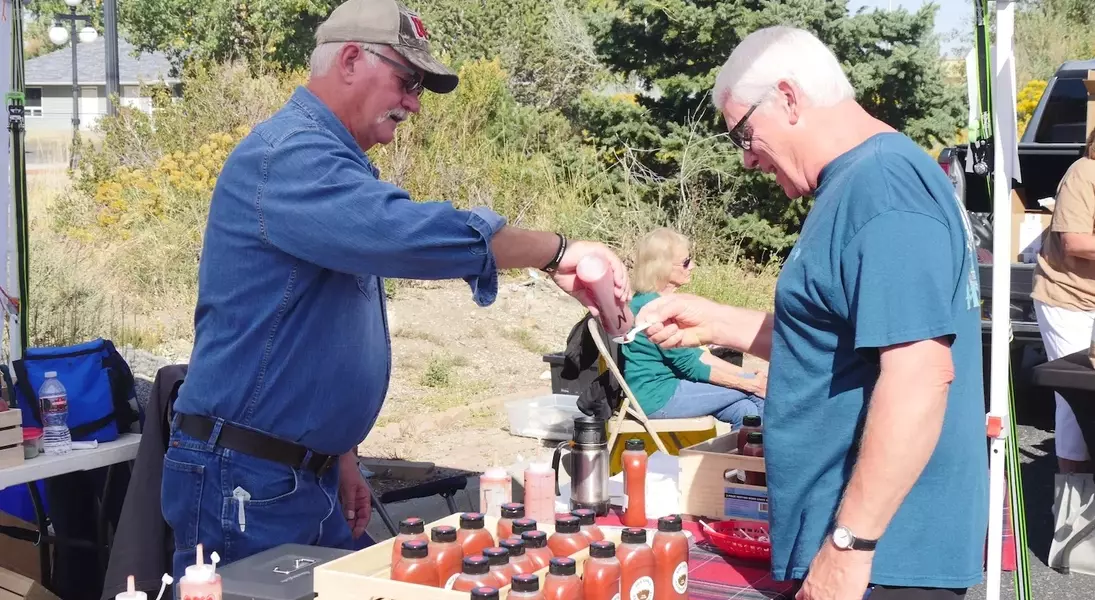
A recent study conducted by the University of Wyoming Extension highlights a promising opportunity for Wyoming residents to boost the state's economy. By dedicating just 5% of their grocery budget to locally produced foods, the local food industry could inject an additional $36.3 million into Wyoming’s GDP. The report also underscores the current contributions of the local food sector, which already adds $24.4 million to the GDP annually while generating $44.7 million in annual output. This growing trend benefits both producers and consumers, strengthening supply chains and fostering economic vitality.
The study emphasizes the importance of resilient food systems in an era where large-scale food production is increasingly vulnerable to disruptions. Assistant Professor Anders Van Sandt explains that integrating smaller-scale regional and local food systems with global networks can enhance reliability. In Wyoming, this expansion has been driven by direct-to-consumer and direct-to-retailer sales channels. Direct-to-consumer sales encompass venues like farmers' markets and farm stands, while direct-to-retailer models include initiatives such as farm-to-school programs and farm-to-table restaurants.
Data from the USDA Census of Agriculture reveals significant growth between 2017 and 2022. During this period, direct-to-retailer sales surged by 24%, and direct-to-consumer sales climbed by 35%. Additionally, average farm revenue for direct-to-consumer operations rose by 56%. These figures are considered conservative estimates due to gaps in data coverage for certain local food businesses not directly tied to farms or ranches.
Despite these advancements, Wyoming's local food systems face challenges, including high transportation costs, inadequate cold storage, and limited co-packing options. Such obstacles pose financial burdens, particularly for individual producers navigating vast rural distances. However, Van Sandt remains optimistic about the future. He advocates leveraging the unique strengths of Wyoming's food enterprises through public-private partnerships to address these issues.
Innovative grant-supported programs are currently underway statewide, aiming to expand meat-processing capabilities, enhance storage and distribution infrastructure, and develop a statewide brand for Wyoming-made products. Supporting local food producers not only strengthens local economies but also fosters healthier communities and more robust supply chains. According to Van Sandt, prioritizing agriculture—a cornerstone of Wyoming's heritage—can drive substantial rural economic development without relying on external industries.
By embracing local food production, Wyoming has the potential to create more jobs and generate broader economic impacts. The research suggests that focusing on existing agricultural resources offers a sustainable path forward for rural areas, emphasizing the value of investing in local economies rather than seeking external solutions.
